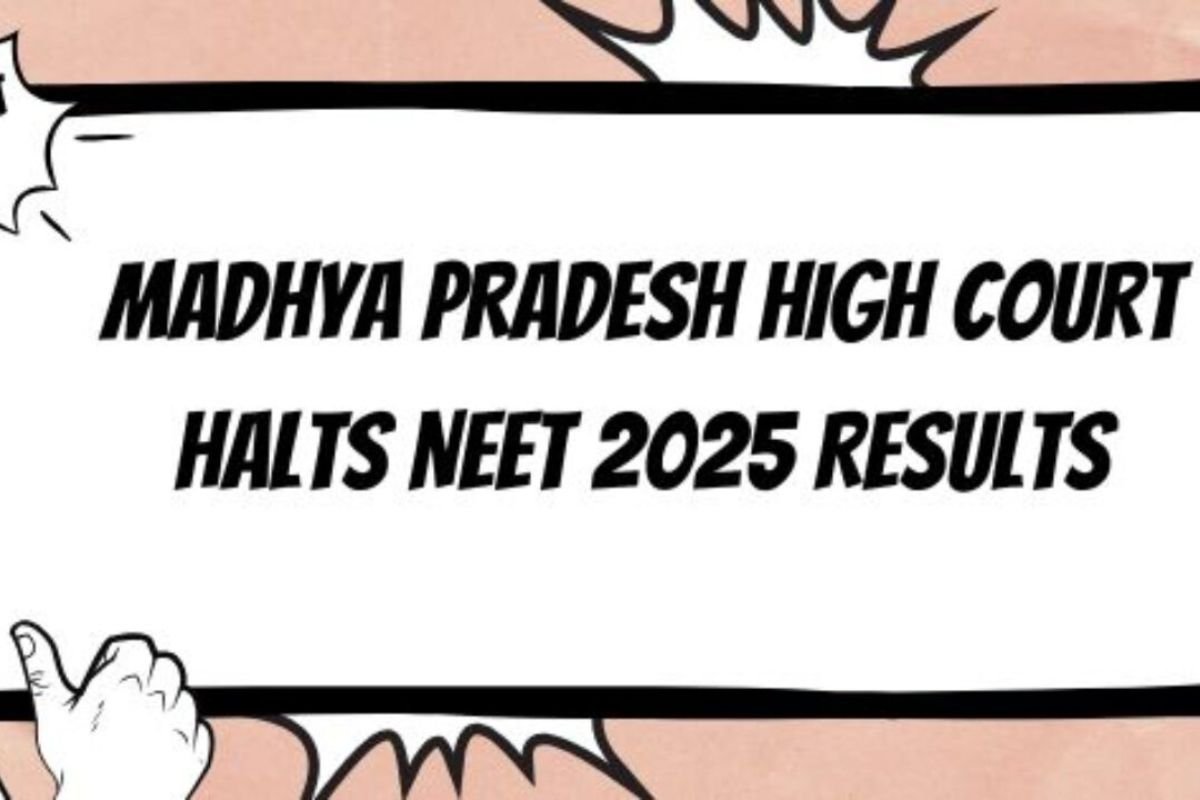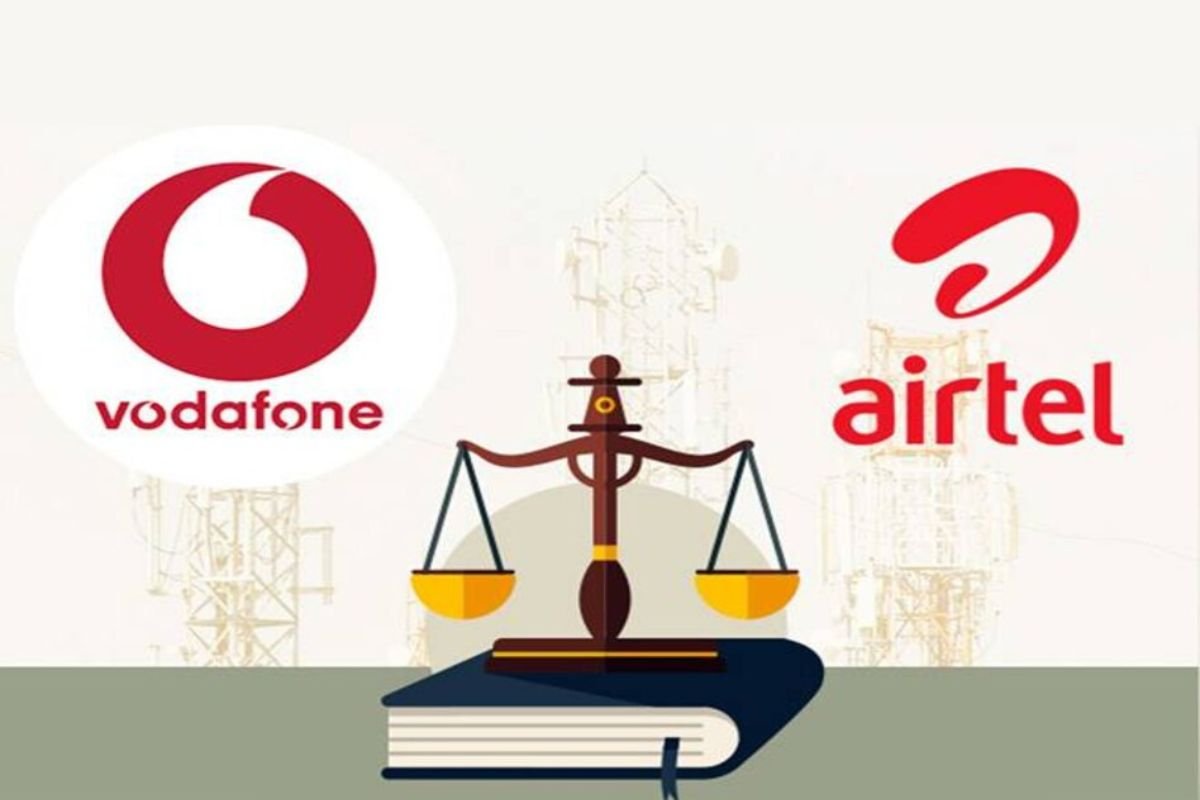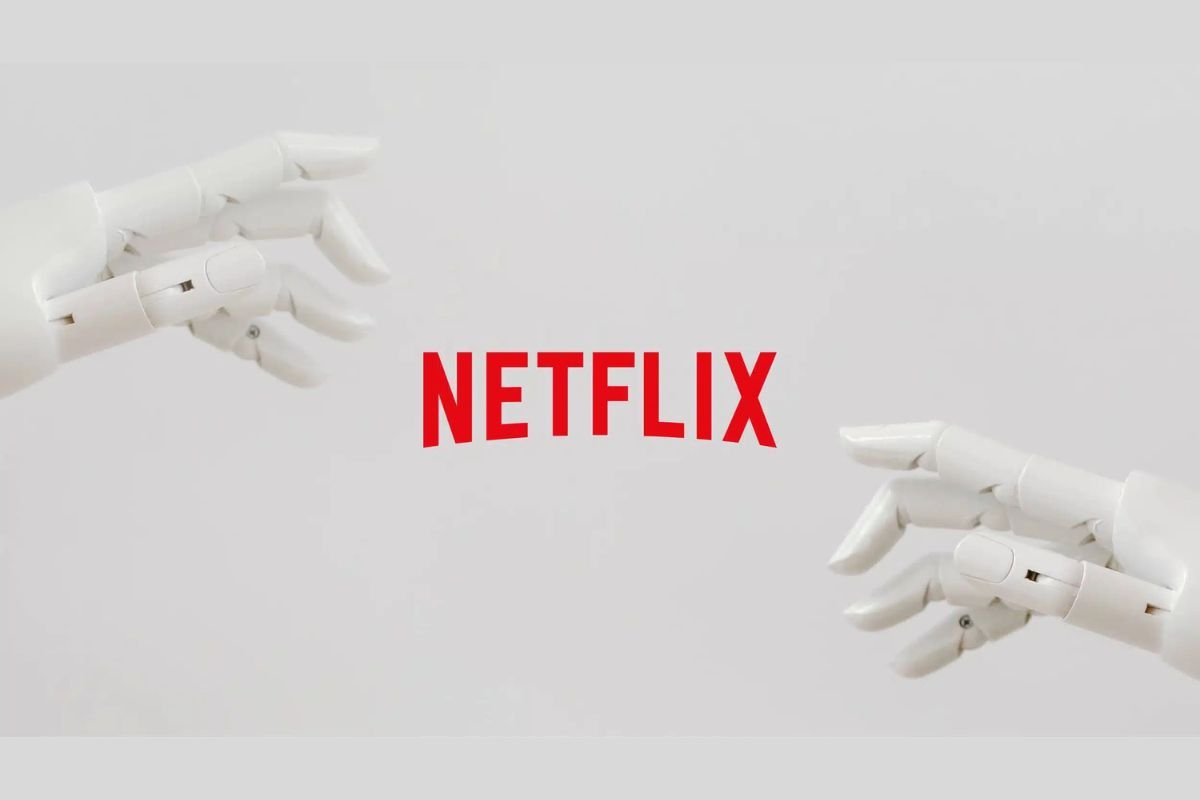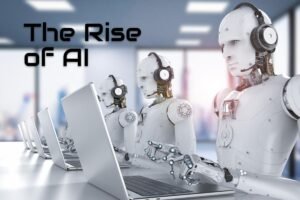An email correspondent asked what I think is lost, in our culture and our character, with the rise of AI. I’ll tell you.
The late drummer for Rush, Neil Peart, once wrote, “The point of the journey is not to arrive.” What he meant was, the ability to produce an end result is not really where the experience lies. It’s the process that changes us as human beings. My wife, a professional artist and educator, speaks similarly about the fine arts. With the aid of our technology, a person can now produce images and music at levels she could never achieve on her own. But, it’s the process that was important, not the product.
I’ll give you an example. In my class, I often ask my students to imagine a situation where their place of residence is on fire. All living creatures are rescued and safe. If they could only choose one thing to salvage from the blaze, what would it be? The answer to this question tells us a lot about ourselves.
An Irreplaceable Possession
For me, it would be a small ceramic rhinoceros “piggy bank.” To anyone other than me, it has no value. But, to me, it is priceless. It is priceless because my wife made it and gave it to me as a gift when we were dating. It is the only one in the entire world. Thus, to me, it is irreplaceable. My wife took the time to mold it and carve it. She had to think about it and pour herself into it. In some sense, it is a representation and extension of some part of her, and of our relationship.
Similarly, my students now heavily utilize some AI-driven software called Merlin, which can detect, record, and identify all the bird vocalizations in a given area. I use it too. It’s very good at what it does. Further, I have units that can do that passively and remotely. All I need to do is walk by the unit every few days and let the bluetooth connection download all of the recordings. I don’t even have to be there!
What We Are Losing
But, we might juxtapose that with another kind of experience my students and I have. We drive to a small cabin in the wilderness of southeastern Ohio, where a guy named Bob Placier lives. Now retired as a professor in wildlife, he spends most spring and fall mornings mist-netting birds and banding them. To sit in his little shop and hear him tell stories is a treasure. He’s a walking encyclopedia of bird facts and stories. Once we get one, we get to hold (or at least see up close) the animal, as Bob rambles on and on about all of these neat little features related to the species. We share that experience, and then release the bird. Henry David Thoreau wrote, “A person’s interest in a single bluebird is worth more than a complete but dry list of the fauna and flora of a town.” That’s what we’re losing.
I’m an old fuddy-duddy who insists on walking into a fast food restaurant to order, because I want to actually have a human interaction in the process. Yes, you can have groceries delivered directly to your homes, but why do that, if you can go and have the experience of interacting with other people in a public setting? And, if you don’t have time for that, why not? That might indicate a much deeper form of emotional and social poverty.
AI, and most other technologies, do more harm to us than good. “Everything is permissible for me, but not all things are beneficial.” It rips away our personhood, and the personhood of others. Our measure of progress is “More, Faster, Cheaper.” Yet, those with fulfilling lives come to recognize the call for “Less, Slower, with Greater Value.”
Read More Related Blogs :




















